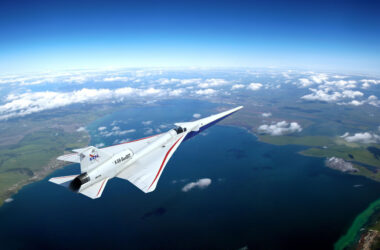Last month the BBC highlighted the engineering gap; pointing out the shocking fact that women make up only 8% of the UKs engineers. However, things look a bit different at Birmingham University’s Department of Electronic, Electrical and Systems Engineering.
This year the department is fielding an all-female undergraduate team in their Final Year “ROV (remotely operated vehicle) Challenge”.

While innovators, like James Dyson, are trying to tackle the shortfall of engineers by creating their own institutions to train Engineers, existing Universities are having to up their game to attract more female students.
The problem is that the UK is falling far behind its European competitors (who average 20% female Engineers) and the USA (who estimate around 14% of their Engineering base is female).
Even more disappointingly The Institute of Physics has shown that a whopping 49% of state schools send no girls to study A-level physics at all, and only a fifth of physics A-Level students are female, despite getting similar grades at GCSE as their male peers.
By showcasing the opportunities female students have available to them while studying Engineering, Universities are helping normalize the profession to prospective female students.
The “ROV (remotely operated vehicle) Challenge” Project will see students pitted against each other to develop a whole range of subsystems for the departments ROV.
These range from underwater sensor packages to novel designs for the human-ROV interface.
These are then integrated onboard the Department’s ROV with the goal of landing it on the ex-Royal Navy Frigate, MS Scylla, helicopter deck.
But, the team have a hard act to follow. Sara Altunaib (pictured below) became the first undergraduate to design and develop an underwater sensing system that actually made it onto the deck of the Scylla.

Sara is now designing an aerial magnetometer as part of her Masters.
She hopes, that attached to a drone, the magnetometer will assist with the search for the remains of the two Westland Whirlwind Fighters that crashed into the treacherous Foxtor Mire in Dartmoor on 29th December 1940.
Sara explained “Engineering bridges creativity and exploration; it has always offered me a means of expressing myself. My journey with engineering has been an exciting one with great moments of personal achievement” [and that] “each project has had its own unique role in my growth as an engineer.”
“My final year project with Professor Stone where I took on a ROV project, played a particularly important role. It was here that I was given the environment not only to surpass my own expectations, but also to amalgamate all the knowledge that I have cultivated throughout my academic years.”







